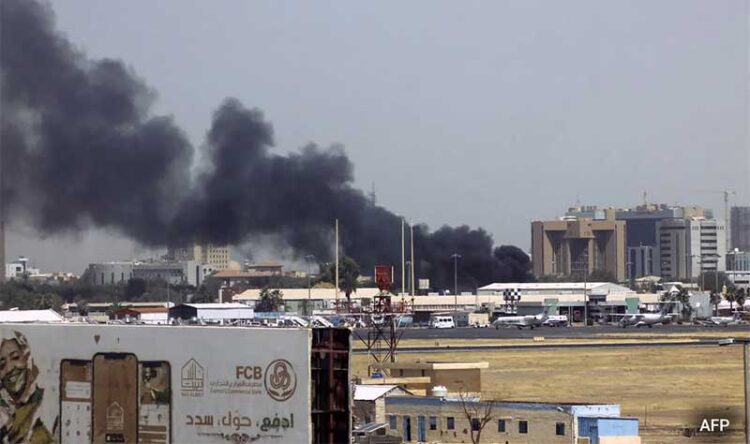On April 11, 2023, the world woke up to the news of intense violence in Sudan. The country was thrown into chaos as clashes broke out between government forces and rebel groups. The death toll has risen to over 200, and the situation is still very much fluid. The European Union Ambassador to Sudan was attacked, which has only added to the already volatile situation. In this article, we will explore the events that have unfolded in Sudan and the reasons behind them.
The Cause of the Violence
The violence in Sudan has been caused by a combination of factors. Firstly, there is the issue of tribalism. Sudan is a country that is made up of different tribes, and historically, these tribes have not always gotten along. The government has been accused of favoring some tribes over others, which has led to resentment and anger.
Secondly, there is the issue of resources. Sudan is a country that is rich in natural resources such as oil, gold, and other minerals. However, these resources have not been evenly distributed, which has led to a lot of tension and conflict.
Thirdly, there is the issue of political instability. Sudan has had a turbulent history, and the political situation in the country is far from stable. There have been several coups and attempted coups, and the country has been ruled by military dictators for much of its history.
The Role of Rebel Groups
Rebel groups have played a significant role in the violence that has erupted in Sudan. These groups are made up of members of different tribes who feel marginalized and excluded by the government. They have taken up arms to fight for their rights and demand a more equitable distribution of resources.
The most prominent rebel group in Sudan is the Sudanese Liberation Army (SLA). This group was formed in 2003 and has been fighting against the government ever since. The SLA is made up of members of the Fur tribe, who feel that they have been marginalized by the government.
The Role of the Government
The government of Sudan has been accused of exacerbating the situation by favoring some tribes over others. The government has also been accused of being corrupt and of mismanaging the country’s resources. This has led to a lot of resentment and anger among the people.
The government has also been accused of committing human rights violations, including extrajudicial killings, torture, and arbitrary detentions. These accusations have been denied by the government, but they have been documented by human rights organizations.
The Role of the International Community
The international community has been closely monitoring the situation in Sudan. The European Union has been particularly vocal in condemning the violence and calling for an end to the conflict. The United Nations has also been involved in trying to resolve the crisis.
However, the international community has been criticized for not doing enough to end the violence. Some have accused the international community of being more concerned with their own interests than with the well-being of the Sudanese people.
Conclusion
The situation in Sudan is complex and multifaceted. It is a result of years of political instability, tribalism, and resource conflicts. The violence in the country has claimed the lives of hundreds of people and has left many more injured and displaced.
There is no easy solution to the crisis in Sudan, but the international community must do more to end the violence and bring peace to the country. This will require a concerted effort from all parties involved, including the government, rebel groups, and the international community.
Source: Hindustan Times







